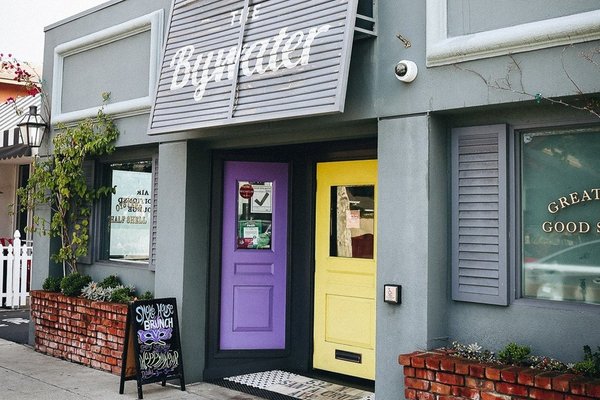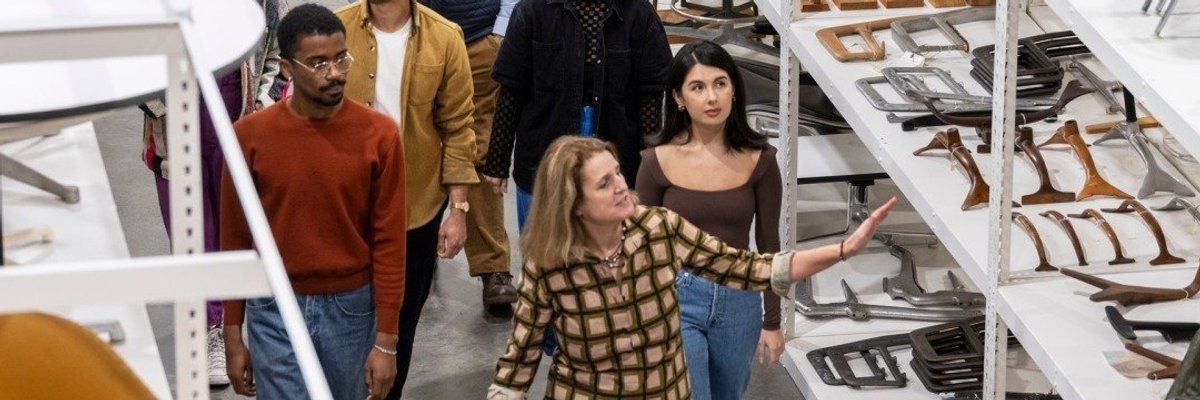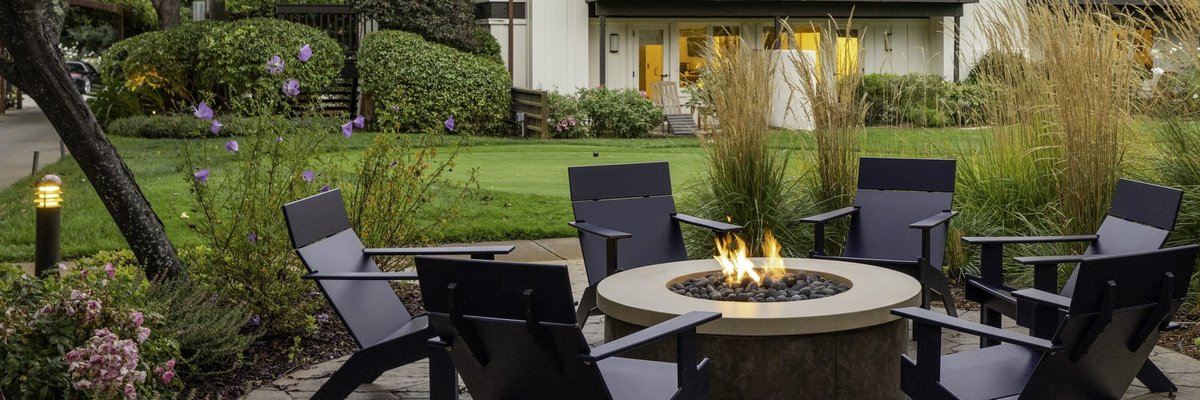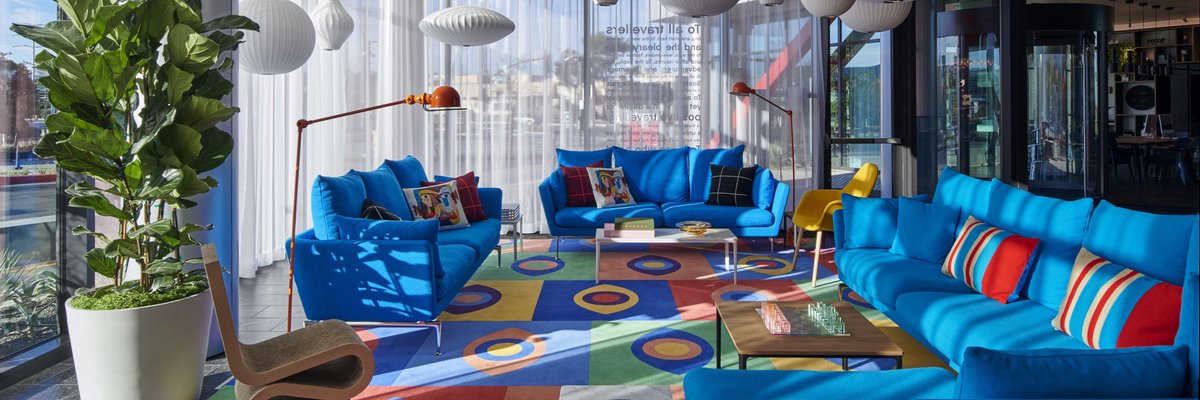Want to zip down to SoCal? Zimride is building a marketplace where drivers can sell empty seats in their cars to passengers who want to travel along the same route. The company added the San Francisco - Los Angeles route last month, and it's already seeing over 200 seats filled per week at the going rate of about $35-40/seat.
The way it works is simple. Go to the company website, log in with your Facebook ID, and search for a ride (if you are a passenger) or riders (if you are a driver).
Zimride bills itself as the largest ride-sharing service in North America, not to be confused with car-sharing services like Zipcar and Getaround. “We consider car-sharing companies like Zipcar to be complementary, not competitors,” explains co-founder and COO John Zimmer. “In fact we have a partnership with Zipcar.”
The company, much like Facebook, originated on college campuses. Zimmer attended Cornell, and his co-founder and CEO, Logan Green, UC Santa Barbara. “We started this out of the frustration of the difficulty of finding someone to share a ride with who was going the same way at the same time you were. It was all so inefficient – you had empty seats and gas was already so expensive.”
As they expanded campus by campus, they duly noted what Zimmer calls “natural routes” emerging among users, like Ithaca to New York City, or Santa Barbara to L.A.
Meanwhile, they came up with an ingenious source of funding. They approached universities where they were establishing operations and pointed out that they were saving them from costly investments like building more parking structures or expanding shuttle services. Thus, they have been able to negotiate annual contracts with some universities (and corporate networks) by serving as their de facto network car-sharing service. In return, the institutional partners gain access to backend data they can use to evaluate the effectiveness of the service for their students and/or employees.
Having perfected the institutional network modeling of scaling its service to the point where it says it has facilitated 26,000 carpools, helped users travel over 100 million miles, and created over $50 million worth of savings in vehicle operating expenses, Zimride now is expanding to “public routes,” including the San Francisco-Los Angeles corridor. Phil Williams is a San Franciscan who has been using Zimride along that route. He drives a four-door car from Avis for his frequent trips to the LA area and rents out two seats at $40 each.
“Thus far, my experience has been with out question totally positive with both the people and Zimride,” he says. “I'm just shy of 50, and have had riders mostly half my age. I have yet to have any odd feeling about my passengers. I do all the driving and we get to L.A. in a leisurely 5.5 give or take hours.”
Besides leveraging Facebook to connect people like Williams and his riders via their social graphs and build trust into the driver-rider relationships, the company uses technology to maximize the efficiency of the marketplace, says Zimmer, “much the way Google uses page rank for search results.
The Zimride algorithm uses the time of the trip, the proximity of the people involved, and compatibility of the desired route to and from the destination to score the likelihood that a driver and rider will prove to be a good match.
Based on the feedback to date, the company says most users say they are happy with the process. “The first time they use Zimride, they are motivated by saving or making money. The second time, they tell us, is because they had an amazing experience socially the first time. People tell us they make new friends, meet a new boyfriend or girlfriend, or even find jobs by using Zimride!”
Indeed, much like Zaarly, Uber, Getaround, Airbnb and other new marketplaces built on social identity and reputation ranking, Zimride looks to be one more way Millennials, in particular, can get to know each other better while building a new economy based more on sharing resources and services rather than on the old model of individual ownership.
The Zim in Zimride is not derived from John Zimmer’s last name. He and Logan Green both independently developed an idea for a car-sharing company, and then discovered each other through a mutual friend on Facebook. Green had thought up the name Zimride after he visited Zimbabwe, where he witnessed the efficient private shuttle services handling mass transit needs of people there.
The startup, which currently numbers 20 employees, is based in SoMa, and recently announced a $6 million Series A round of financing from the Mayfield Fund, along with existing investors Floodgate and K9 Ventures.





















